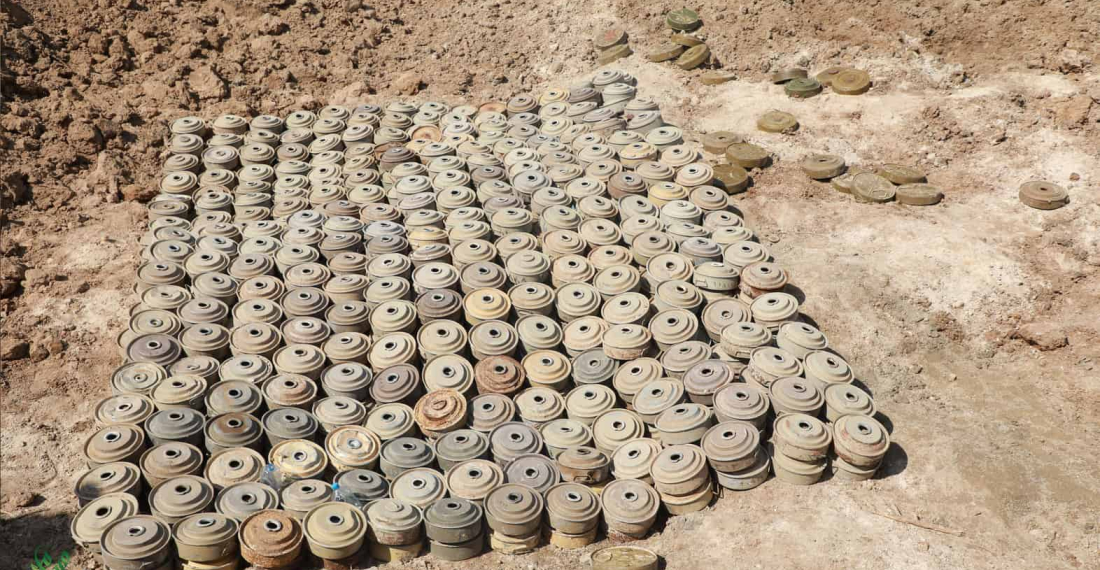On Thursday (27 June), the Masam Project, led by Saudi Arabia’s aid agency KSrelief, cleared more than 4,600 explosive devices in Yemen’s Abyan governorate. The recent operation in the Wadi Dufs area near Zinjibar targeted explosive ordnance dating back to years of conflict to the east of Aden.
This included destroying 155 projectiles, 235 combat fuses, 85 armour-piercing shells, more than 4,000 bullets, 13 anti-personnel mines, five anti-tank devices and 31 grenades. Munther Qassem, commander of the first special task force at Masam, emphasised that demining efforts are ongoing throughout the year to protect civilians and improve safety in affected areas.
The civil war in Yemen, now in its eleventh year, has devastated the country’s infrastructure, displaced millions, and left over 21 million people in need of humanitarian aid. The Masam project helps to restore safety in war-torn regions, enabling displaced communities to rebuild their lives with reduced risk from landmines and other explosive remnants.







